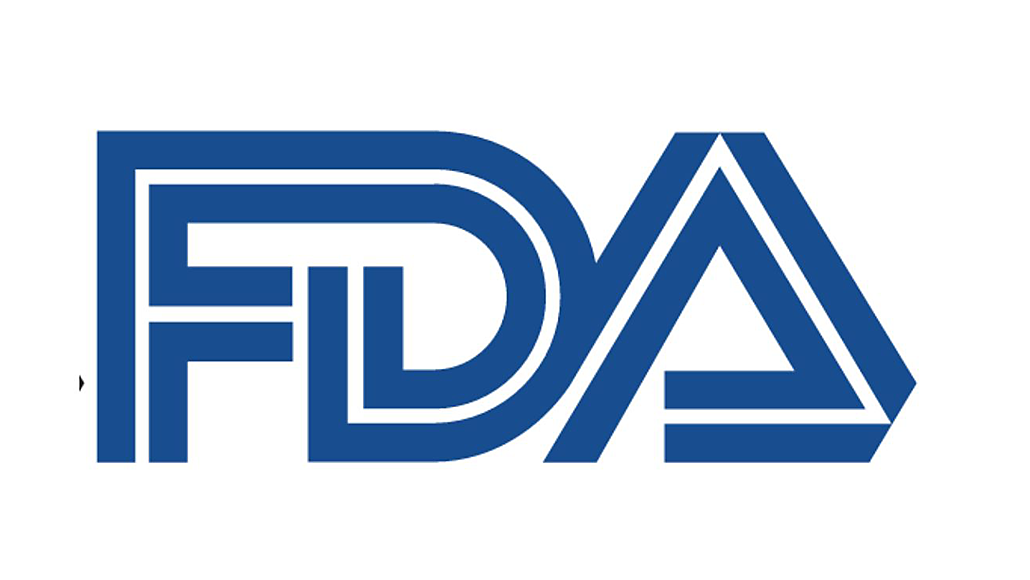The US Food and Drug Administration (FDA) has approved a new blood test aimed at assessing Alzheimer’s disease and other cognitive impairments, potentially allowing clinicians to more accurately determine when the condition can be ruled out.
Roche Diagnostics announced that its Elecsys pTau181 test, developed in collaboration with Eli Lilly, is designed for use by primary care physicians. The test can help identify patients unlikely to have Alzheimer’s disease, while those testing positive would be advised to undergo further evaluation. The test is meant for adults 55 and older in the United States who are showing signs of cognitive decline.
Brad Moore, president and CEO of Roche Diagnostics North America, highlighted the benefit of earlier testing: “By bringing Alzheimer’s blood-based biomarker testing into primary care, we can help patients and their clinicians get answers sooner to support them earlier in their journeys,”
Alzheimer’s continues to be a major concern. About 42% of Americans over 55 are expected to develop dementia at some point in later life. Additionally, around 92% of adults with mild cognitive impairment remain undiagnosed. The Elecsys pTau181 test is the second FDA-cleared blood-based biomarker test for Alzheimer’s this year, following Fujirebio’s Lumipulse G pTau217/ß-Amyloid 1-42 Plasma Ratio, which received approval in May. Roche’s test looks at pTau181 protein levels in blood plasma, while Fujirebio’s method checks the ratio of pTau217 to beta-amyloid 1-42 proteins to spot early signs of the disease.
Experts say using several biomarker tests can give a clearer picture of a person’s brain health. Clinical trials involving 312 participants indicated that the Elecsys pTau181 test correctly identified individuals without Alzheimer’s pathology in 97.9% of cases, reflecting its high negative predictive value.
Dr. Laura Parnas, director of medical and scientific affairs at Roche Diagnostics, noted, “When the test result is negative, there’s a very high likelihood the person does not have Alzheimer’s-related pathology. However, for patients with a positive result, further clinical investigations and confirmatory testing for the amyloid pathology is needed for the final diagnosis of Alzheimer’s.”
Roche has roughly 4,500 instruments installed across US clinical laboratories and is prepared to integrate the test widely. However, experts cautioned that more data on sensitivity and false positives is necessary before widespread adoption, stressing that the field is still learning how best to apply these tests in practice.
































